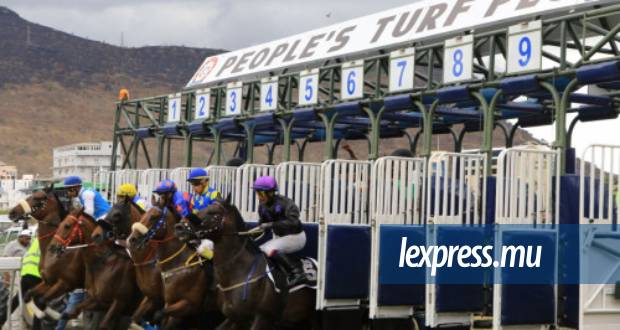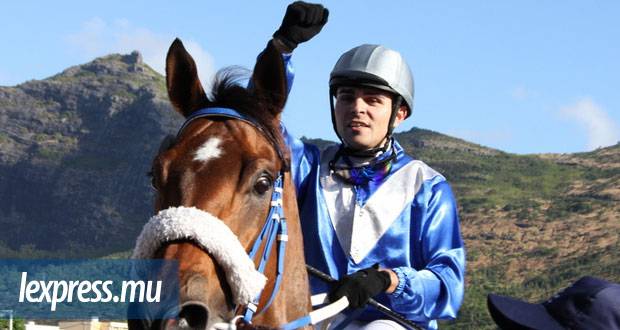Publicité
Locked in Logic

The government’s policy to begin de-confining the island has consisted of removing the alphabetisation system which precludes crowding in indoor shops and supermarkets, while maintaining the closure of beaches, public gardens and outdoor parks. If the purpose of the partial de-confinement and the choice of these specific measures was to reduce the number of people mixing while still allowing normal activities to resume, it can be legitimate to think that, in fact, it is the reverse that has been achieved.
Having complied by staying in our homes for over seven weeks, the feeling of needing to get out, whatever “out” meant, was unanimous. Having nowhere to go, however, and having previously been constrained in our shopping habits, in order to feel a semblance of freedom and normality, going to the supermarket became a leisure activity. Photos of crowds of hundreds of people piled up inside these stores were so dystopian that they made even Corona sceptics sweat.
In an island where the main leisure activities revolve around the beach – swimming, fishing, surfing, diving, going on boat trips – there can be no normality for as long as these activities are banned.
A new study by the Massachusetts Institute of Technology further brings into question the decision of the government to prevent access to beaches and outdoor spaces while allowing shops to return to normal operation. MIT professors Martin Z. Bazant and John W.M. Bush demonstrated how an important variable which even the United States Centers for Disease Control and Prevention and the World Health Organization guidelines have overlooked is the amount of time spent indoors. The longer someone is inside with an infected person, the greater the chance of transmission when the air is mixed. The professors noted that staying six feet away from another person may not be enough when people are inside for prolonged periods of time.
With this study in mind, the alphabetisation measures taken by the government therefore curbed the spread of Coronavirus in two ways. Firstly, they lowered the probability of an infected person being present in an area at any given time by reducing the number of people allowed in that indoor space. Secondly, they reduced the amount of time spent in that area on a designated day by reducing the time spent queuing up in shops.
Prohibiting access to beaches and outdoor spaces, however, is detrimental to the cause of curbing transmission in several ways. The first and obvious way is that it redirects the traffic of people indoors, which is proven to increase the risk of transmission due to mixing of air. This is why countries like England have chosen to open outdoor spaces as the first step towards lifting lockdown measures. Secondly, many of us rely on water sports to keep fit both mentally and physically. While mental health directly affects physical health, bad health in itself is a factor in contracting more severe forms of the virus. In order to keep us safe, it is therefore essential to keep us fit. Thirdly, boat operators, diving schools, boat houses, water sports centres, surf schools etc. that offer activities with a low risk of transmission, will have to go yet another month with no income, with no real basis to support this decision. This, coupled with the fact that the island seems to have completely ignored its reliance on tourism. If one is able to find a single person willing to endure 14 days of quarantine for an offering no better than any inland destination, I would really like to speak to them.
In truth, having not been provided any scientific basis for the choices of restrictions, it is difficult to understand why these specific measures have been chosen. Allowing 10 people to be together indoors, 60 to be piled up in a bus while forbidding everyone from breathing the fresh sea air is neither backed by science nor logic. An easily enforceable policy which did seem to work in both lockdowns was the alphabetisation system in indoor spaces. It is certainly much easier to police and enforce restrictions around the size of groups who would be at the beach in plain sight than it is to do so inside people’s homes.
À 10-second «TikTok» video of people lounging around and fishing in reservoirs clearly shows how ludicrous banning access to the beach is. I’m sure Mare-aux-Vacoas has its appeal, but it’s not Pereybere and it’s not Tamarin. S’il vous plait, «aret lockdown nou laplaz».
Publicité
Les plus récents






